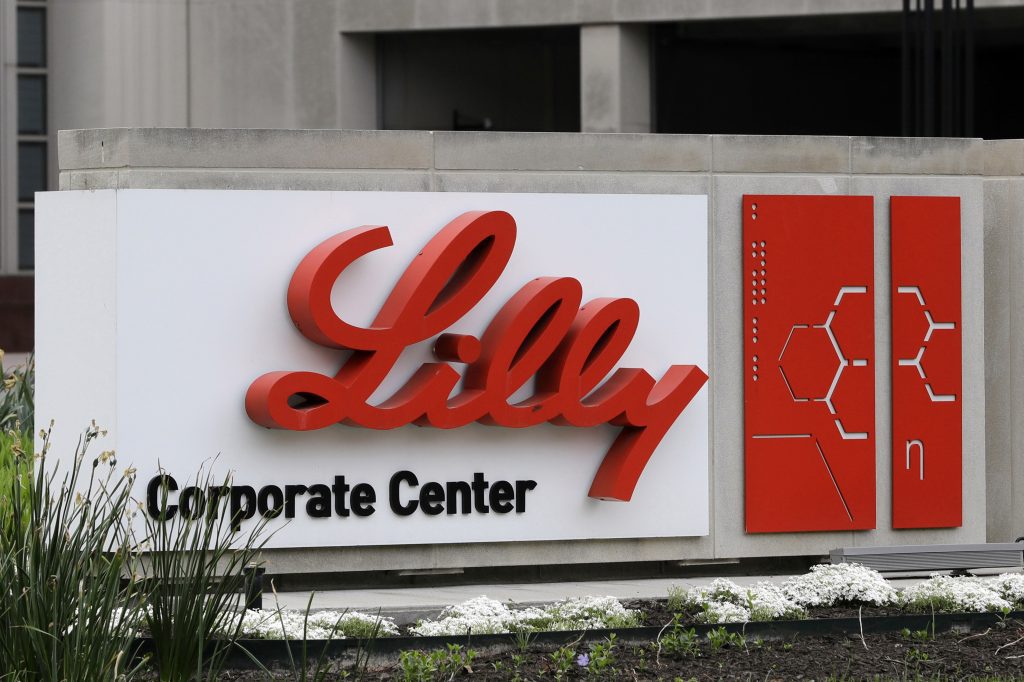A group of advisers to the Food and Drug Administration (FDA) will gather in the coming month to talk about Eli Lilly's new Alzheimer's drug, the company announced on Tuesday.
The panel is set to convene on June 10, three months following the FDA's request for experts to carefully examine the safety and effectiveness of the drug known as donanemab.
Donanemab, a monoclonal antibody that targets amyloid brain plaque, is designed for early-stage disease and is given through intravenous infusion every four weeks.
The FDA's decision came as a surprise to the company. The company didn't expect the FDA's decision.Lilly submitted its usual approval application for donanemab to the FDA last year and had hoped to receive approval by early 2024.
The advisory panel meeting was the second significant setback for donanemab's potential approval, following the FDA's rejection of accelerated approval in January 2023.
More than 6 million people in the United States have been diagnosed with Alzheimer's, and that number is projected to increase as the population ages. While there is no cure, about 1 million individuals with early-stage disease could benefit the most from the drug.
Donanemab would become the second successful Alzheimer's drug on the market, following the FDA's approval of Biogen and Eisai's Leqembi last year. Lilly's late-stage clinical trial data closely resembled the data cited by the FDA for Leqembi's approval, which is why the company expected an easy approval for the potential competitor.
Based on Lilly's information, donanemab reduced the progression of Alzheimer's disease by 35 percent compared to a placebo treatment in an 18-month clinical trial involving 1,700 patients with early-stage disease. This translated to delaying progression by approximately four months.
The trial identified serious risks, prompting concerns that the risks may outweigh the benefits. Three individuals died after experiencing severe brain bleeding or swelling.









